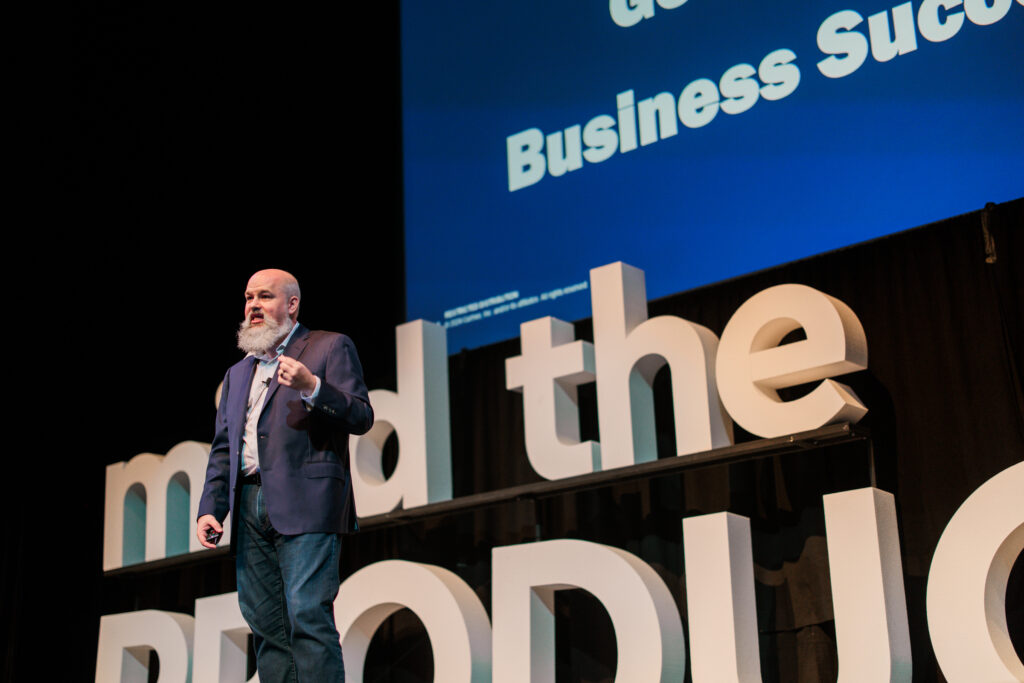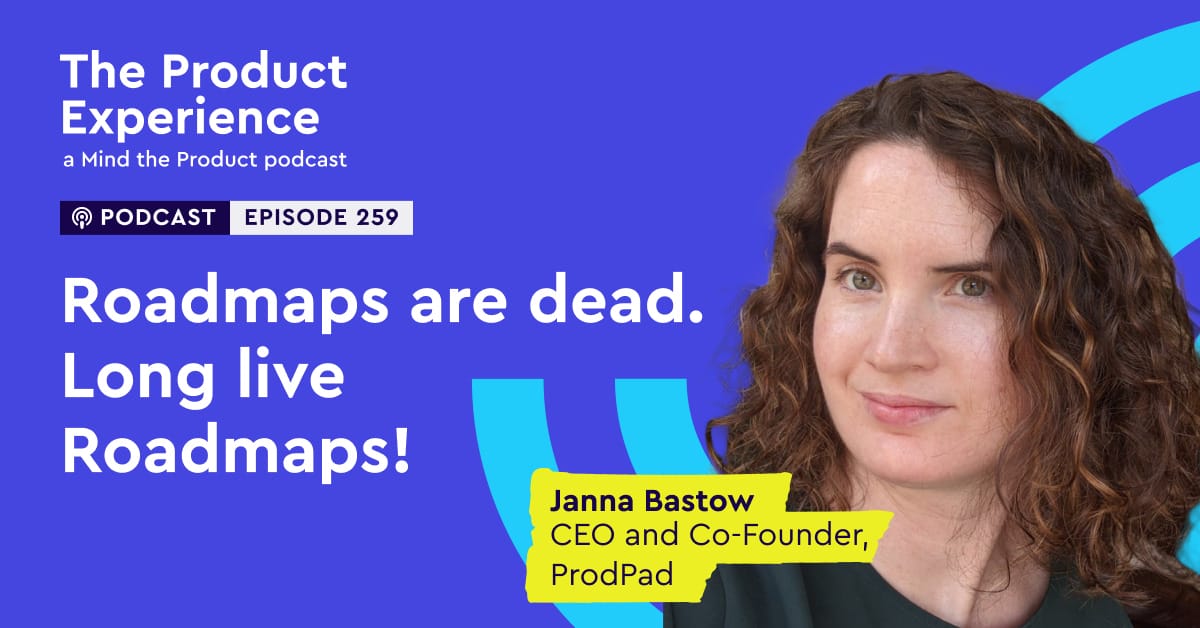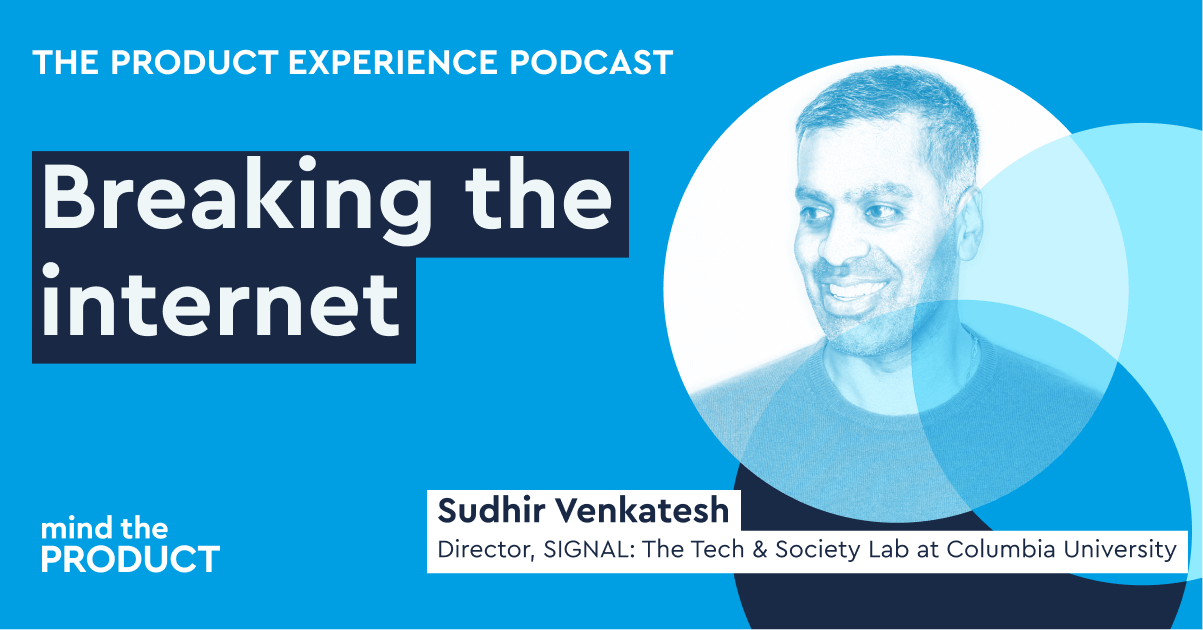For the first time ever, we teamed up with our friends at Pendo for the eighth Pendomonium! With over 1,300 attendees in the room, it was a great occasion to take in the bright skies, connect with coworkers old and new, and soak in some product goodness. Read on for some of our key learnings from day one!
Overcoming common product diseases
Over on the #mtpcon stage, we were joined by the amazing Radhika Dutt, author of Radical Product Thinking: The New Mindset for Innovating Smarter. She led a remarkable session on common diseases that product teams face:
- Hero syndrome: Focusing on scale instead of real impact
- Pivotis: Frequent changes leading to confused customers
- Obsessive sales disorder: Prioritizing short-term gains over long-term strategy
- Locked-in syndrome: Committing to a solution rather than a problem space
- Narcissus Complex: Focusing inward instead of on customer needs
We learned that Speed + Direction = Velocity. This is the best formula for building great products. Another key insight was to balance short-term survival with long-term vision to prioritise what features and products to build.

How to build innovative products
For the second talk of the day on the #mtpcon stage, Dariusz Dziuk, Product Lead at Spotify, led an engaging and visual session on building innovative features.
How do we find innovative ideas in product, Dariusz said to:
- Work backwards from the context, be explicitly explicit about it
- List down as many assumptions as you can, make the product about the users
- For the interesting ones, break the assumptions by identifying new, sometimes arbitrary, constraints
Building products with AI at the core
Oji Udezue, a seasoned product expert, and Chief Executive Officer, ProductMind, led an engaging session on building products with AI at the helm. We learned that AI should be native to products, not just retrofitted.
He believes that AI can transform applications from brittle to adaptable. It can reimagine workflows, enhancing productivity and innovation.

Describe your product with data
Kyle Strickland, Senior VP of Product at NBC Universal, discussed how the company uses data to build a better technology ecosystem with Pendo. He talked about the importance of encouraging teams to use data, start small, and stay specific. Also, he emphasised why tracking that data early is critical, saying, "Most user journeys start with search."
Returning to first principles in product
Closing out the day on the #mtpcon keynote stage was Clifton Gilley, VP Research Analyst at Gartner, who led a great session, encouraged us to return to first principles in product management.
Core principles:
- The more you know, the more you realise you don't know
- The whole is more than the sum of its parts
- No great mind has ever existed without a touch of madness
Action items for product managers:
- Prioritise customer conversations over internal interactions
- Bridge business needs with customer needs
- Be transparent about learnings, changes, and impacts

Embracing the AI revolution
In the closing keynote for the day, Ethan Mollick, Associate Professor at The Wharton School and author of Co-Intelligence, discussed how to embrace the AI revolution. He shared some AI tests with the audience and pointed out, "The real way to use AI is to work with it. Use it like you would an expert and split up the work."
Mollick ended with four guiding thoughts for how we use and integrate our systems with AI now and moving forward:
- Invite AI to everything
- Be the human in the loop
- Tell it who it is and treat it like a person
- This is the worst AI you will see because the system is always changing. We have at least another four years of rapid change.

Data, personalisation, and finding your North Star
Pendomonium day 1 covered A LOT. The three biggest things that will stay with us are:
- Data matters. Remember to build data champions outside of your product team.
- Personalisation is the only way forward. Users expect it, and AI can help you deliver.
- Users should be your North Star. Remember that the user experience begins early. What we make must ultimately serve a true purpose.
We've got another great day lined up today, so stay tuned for day two!






Comments
Join the community
Sign up for free to share your thoughts